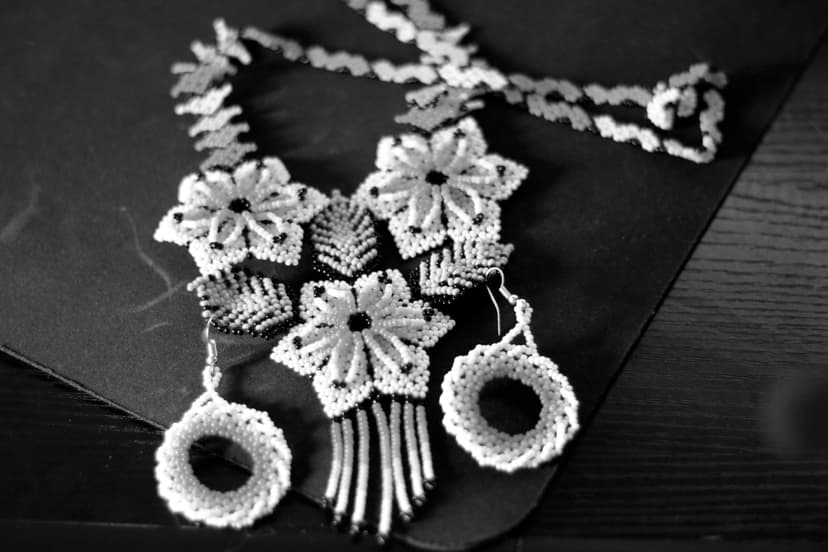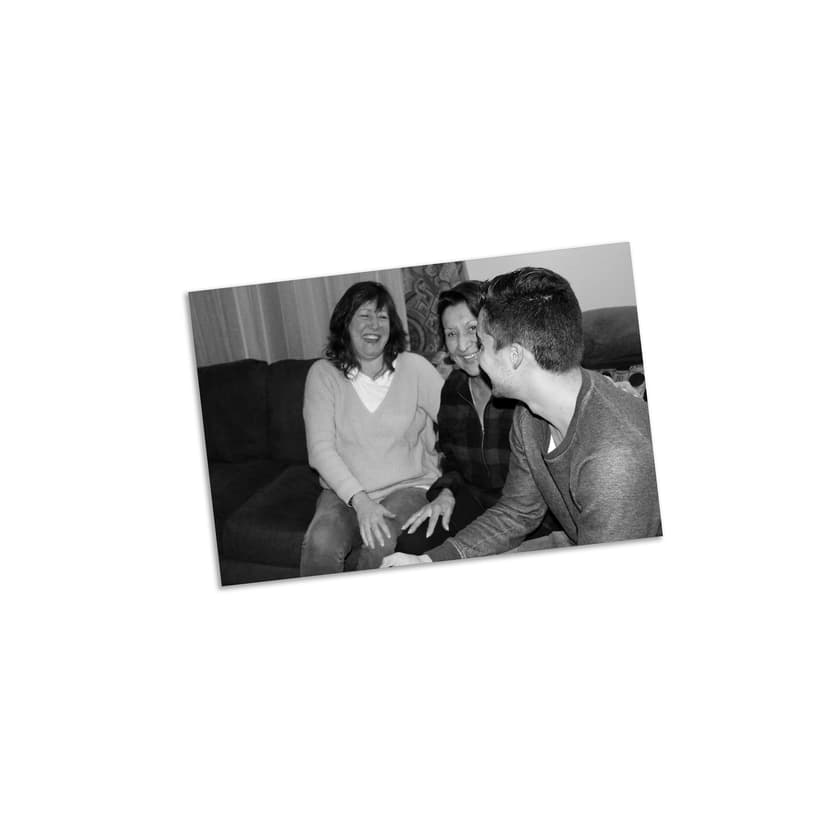"Hello Grandma, thank you for your time today!" I say. "Grandma" is actually Ingrid. And Ingrid isn't my grandmother either, but my neighbor's. I still call her "Grandma" because we've known each other for a long time. We're talking on the phone because Grandma still lives in East Germany. This interview tells Ingrid's personal life story as a mother and working woman in the GDR. Ingrid was born in Hödingen, East Germany, and spent most of her life in Salzwedel, Saxony-Anhalt. She was just 12 years old when the Wall was built. "The school system, in particular, changed afterward," says the now 65-year-old. After the Wall was built, many jobs were no longer recognized as professions, which significantly limited her future career choices. Before her exams, Ingrid wouldn't have been allowed to marry and start a family. Nevertheless, she became pregnant without permission and abandoned her nursing training. Ingrid desperately wanted to work with children and, when her daughter was old enough, began training to be a kindergarten teacher. She was even allowed to express this career aspiration herself. Ingrid's father fled to the West a year after her birth. She didn't meet him until she was 19. However, she herself never considered fleeing. "It wasn't any different," says the now retired woman. Her family and friends live very close to her, and the solidarity of the neighborhood is what keeps Ingrid in the East today. She was never afraid that she wouldn't be able to adequately provide for her husband and their three daughters due to food shortages. "We didn't have much, but the food was rationed accordingly, and above all, we supported each other a lot in the community. You needed something from one person, and the other needed something from you. You simply didn't have that in the West!" Even when two of her three daughters moved to the West, Ingrid remained true to her life in the East. "Then I would have had to start my training all over again. Kindergartens in the West were completely different!" she says. Even today, she still meets former kindergarten children in the town where she still lives. It's these friendly encounters, in particular, that confirm to her that life in the East is the right thing for her! "Thank you, Grandma, that was a really nice conversation!" I say as I say goodbye. While I'm familiar with all the clichés about food shortages, limited travel options, and education from documentaries, hearing all this firsthand from a contemporary witness sheds a whole new light on the history of the GDR for me personally, and provides a very deep insight into it. The book presented in this story often accompanied Ingrid during her work as a kindergarten teacher and brought her joy.




